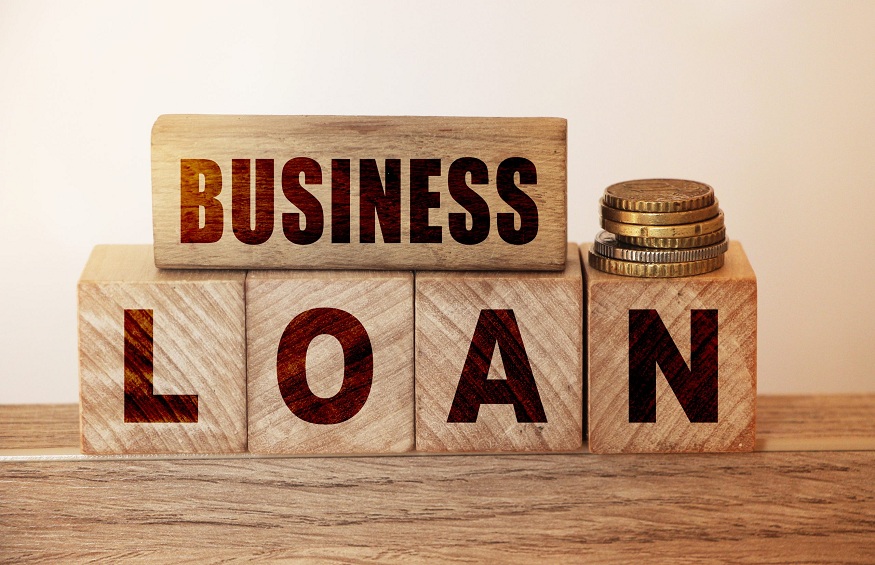Are you interested in securing a commercial loan for your business? It can be difficult to make sense of the different types of loans available and the application process that must be undertaken. In this article, we will provide an overview of what business commercial loans are, how they work, and how you can apply for one. Read on to find out more!
Introduction
If you’re thinking of starting or expanding a business, you may be considering a business commercial loan. But what are they and how do you apply?
Business commercial loans are financing provided by banks or other lenders to businesses for the purpose of start-up, expansion, equipment purchases, working capital, or other purposes. The terms and conditions of these loans vary depending on the lender and the borrower’s creditworthiness.
To apply for a business commercial loan, you will need to provide the lender with financial information about your business, including your income statement, balance sheet, and cash flow statement. You will also need to provide a personal guarantee. This is a document in which you pledge your personal assets as collateral for the loan.
The lender will use this information to determine whether or not you qualify for a loan and what interest rate they will charge you. Once you have been approved for a loan, you will be required to sign a contract and make regular payments until the loan is paid off.
What are Business Commercial Loans?
If you’re in the process of starting a business, or expanding an existing one, you may be wondering what types of loans are available to you. A commercial loan is a type of loan that can be used for business purposes. This includes things like buying new equipment, renovating your office space, or hiring new employees.
There are many different types of commercial loans, and each has its own set of eligibility requirements and terms. The most common type of commercial loan is a business term loan. This is a lump sum of money that you borrow and repay over a set period of time, usually with interest.
Another popular type of commercial loan is a line of credit. This allows you to borrow up to a certain amount and withdraw funds as needed. You only pay interest on the amount that you actually use, making this a flexible option for businesses with variable expenses.
To qualify for either type of commercial loan, your business must have been in operation for at least one year and have a good credit history. You’ll also need to provide financial statements and collateral to secure the loan.
If you’re thinking about applying for a commercial loan, it’s important to compare rates and terms from multiple lenders before making a decision. Working with a reputable lender will help ensure that you get the best deal possible on your loan.
Types of Business Commercial Loans
There are many different types of business commercial loans available to companies in need of financing. Each type of loan has its own specific purpose and can be used for a variety of different purposes. The most common types of business commercial loans are:
1. Term Loans:
A term loan is a traditional loan that is typically used for larger purchases or expansions. The loan is paid back over a set period of time, with regular payments made each month.
2. Line of Credit:
A line of credit is similar to a credit card, where you are given a set amount of money that you can borrow against as needed. This type of loan can be helpful for businesses that have irregular cash flow or need to make unexpected purchases.
3. SBA Loans:
SBA loans are government-backed loans that are typically used by small businesses. These loans often have lower interest rates and longer repayment terms than other types of loans.
4. Equipment Financing:
Equipment financing is a type of loan that is used to purchase new or used equipment for your business. This type of loan can be helpful if you need to upgrade your equipment but don’t have the cash on hand to do so outright.
5. Invoice Financing:
Invoice financing is a type of loan that allows you to borrow against outstanding invoices. This can be helpful if you need cash flow in order to make payroll or pay other expenses.
Benefits of Business Commercial Loans
If you’re a business owner, you’ve probably considered taking out a loan at some point to help grow your business. But what are business commercial loans, and how do they differ from other types of loans?
Business commercial loans are typically used for one of two purposes: to purchase equipment or property, or to finance the expansion of your business. The advantage of taking out a loan for business purposes is that it can be tax deductible.
Another benefit of business commercial loans is that they can be customised to fit your specific needs. For example, you can choose the repayment schedule that best suits your cash flow, and you can negotiate the interest rate.
If you’re thinking about applying for a business commercial loan, there are a few things you should keep in mind. First, you’ll need to have a good credit score to qualify. Second, you’ll need to provide collateral, such as property or equipment, to secure the loan. Finally, be prepared to pay higher interest rates than you would on a personal loan.
But despite these challenges, taking out a business commercial loan can be a great way to finance the growth of your company.
Requirements For Applying for a Business Commercial Loan
In order to apply for a business commercial loan, there are a few requirements you must meet. First, you must have been in business for at least two years. Second, you must have a minimum annual revenue of £100,000. Finally, you must have a good credit score. If you meet all of these requirements, you will likely be approved for a loan.
Ways to Get Approved for a Business Commercial Loan
There are a few key things you need to do in order to get approved for a business commercial loan. First, you need to have a well-written business plan that outlines your company’s financial goals and how you plan on achieving them. Your business plan should also include information on your target market, your competition, and your marketing strategy.
Second, you need to have strong personal credit scores in order to qualify for a loan. Lenders will want to see that you have a history of making on-time payments and managing your finances responsibly. If you don’t have strong credit, you may still be able to get approved for a loan if you can provide collateral or a co-signer with good credit.
Third, you’ll need to show that your business has stable cash flow and is generating enough revenue to repay the loan. Lenders will typically request financial statements from the past few years in order to assess your business’s financial health. Be prepared to answer questions about your revenue sources, expenses, and profitability.
Finally, make sure you understand the terms of the loan before signing any paperwork. Be sure to ask questions if there’s anything you don’t understand and read over the fine print carefully. By taking the time to do your research and prepare in advance, you’ll increase your chances of getting approved for a business commercial loan.
Closing Thoughts
As you can see, business commercial loans can be a great option for your business needs. But before you decide to apply for one, make sure you understand the process and the requirements. This way, you can be sure that you are getting the best possible deal for your business.



